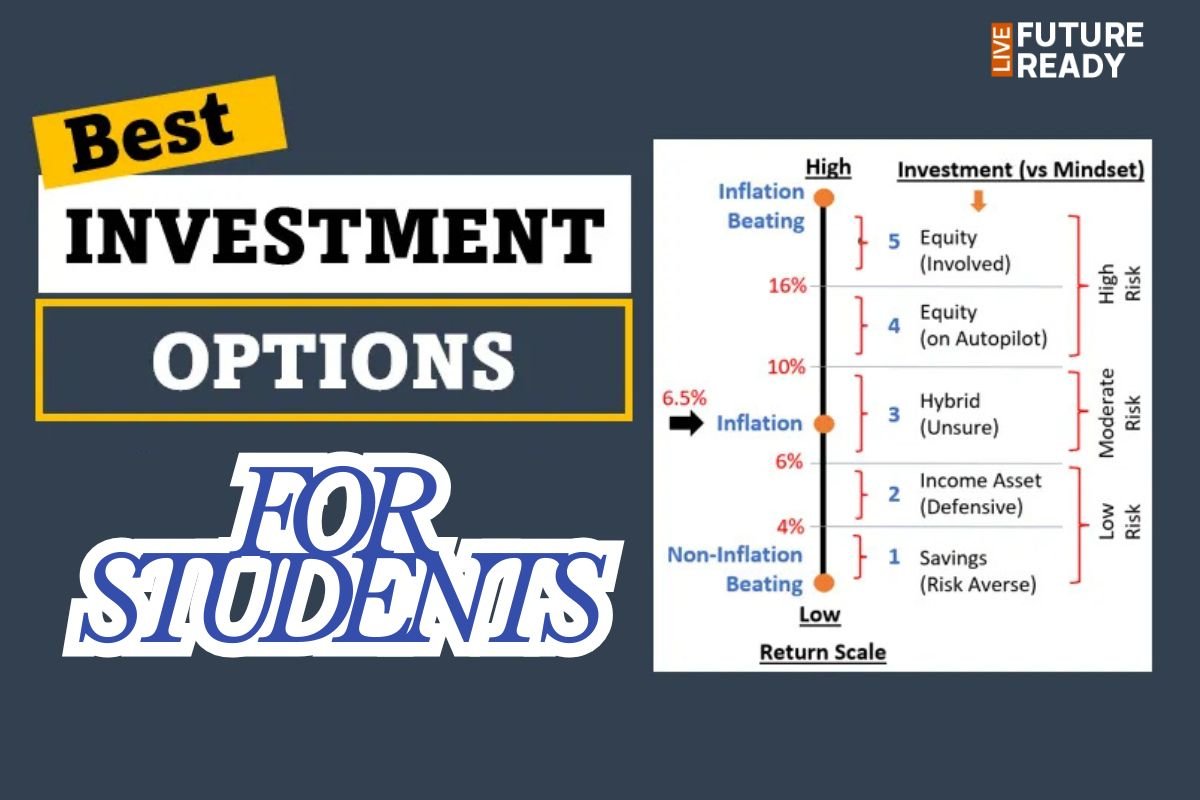A credit score is a crucial indicator of financial health and a key to unlocking financial opportunities such as loans and credit cards. For students and young professionals, beginning to build a credit score early can set the foundation for easier access to credit and better financial terms in the future. Here’s what you need to know—and actionable tips to get started today.
What is a Credit Score?
-
Definition: A credit score is a three-digit number (typically ranging from 300 to 900 in India) that reflects your creditworthiness, based on your history of borrowing and repayments.
-
Importance: Lenders use your credit score to gauge how reliably you can repay debts. A higher score increases the chances of loan approvals, lower interest rates, and fast processing.
-
Credit Bureaus: India’s key bureaus include CIBIL, Experian, Equifax, and Highmark; each may give slightly different scores but use similar factors.
How is Your Credit Score Calculated?
Key Factors:
-
Payment History (High Impact): Consistently on-time repayments of loans and credit cards boost your score; missed or delayed payments have a negative impact.
-
Credit Utilization Ratio (High Impact): Using less than 30% of your available credit (e.g., on credit cards) signals responsible credit use.
-
Age of Credit (Medium Impact): A longer credit history helps lenders trust your financial habits. Keep older credit cards/loans open if possible.
-
Total Number of Accounts (Low Impact): A healthy mix of credit products (cards, loans) can help, but responsible management matters more.
-
Recent Credit Inquiries (Low-Medium Impact): Multiple hard inquiries (loan/credit card applications) in a short time can hurt your score—apply only when needed.
Why Start Building Your Credit Score Early?
-
Unlocks Financial Opportunities: Easier access to student loans, personal loans, or credit cards in the future.
-
Better Rates & Terms: Higher scores attract lower interest rates and advantages on loan approval conditions.
-
Financial Independence: Good scores enable quicker, hassle-free financial support from banks and lenders.
-
Establishes Trust: Building a solid credit history signals reliability and discipline to financial institutions.
How Can Students and Young Adults Build a Credit Score Early?
-
Get a Secured Credit Card or Student Card:
-
Even without income, apply for a secured credit card against a deposit.
-
Use the card for small, regular expenses and repay in full each month.
-
-
Become an Authorized User:
-
Ask a parent or guardian to add you as an authorized user on their credit card; you’ll benefit from their good credit history.
-
-
Pay All Bills On Time:
-
Timely payments for utilities, mobile, rent, or student loans can establish good habits and sometimes add to your credit file.
-
-
Start Saving and Spending Regularly:
-
Building a savings habit and disciplined spending makes you financially responsible for future credit.
-
-
Keep Credit Utilization Low:
-
Use less than 30% of your credit limit; avoid maxing out cards or missing payments.
-
-
Limit Credit Applications:
-
Too many applications can harm your score—apply only for products you really need.
-
-
Monitor Your Credit Report:
-
Regularly check your credit report for errors or fraud; dispute mistakes online with the bureau.
-
Common Credit Score Myths
-
Checking your own score hurts it: False; soft inquiries for personal checks don’t impact scores.
-
No credit history means the best score: False; lenders prefer some track record over none.
Final Thoughts
Understanding and building a good credit score early is a powerful step toward financial independence. By practicing disciplined spending and timely repayments, even students and freshers can lay the foundation for strong financial health, unlocking better credit products and borrowing terms as they grow.
Read more on our website: Future Ready, your go-to platform for the best educational content and latest updates.
Read More Related Blogs :-




















